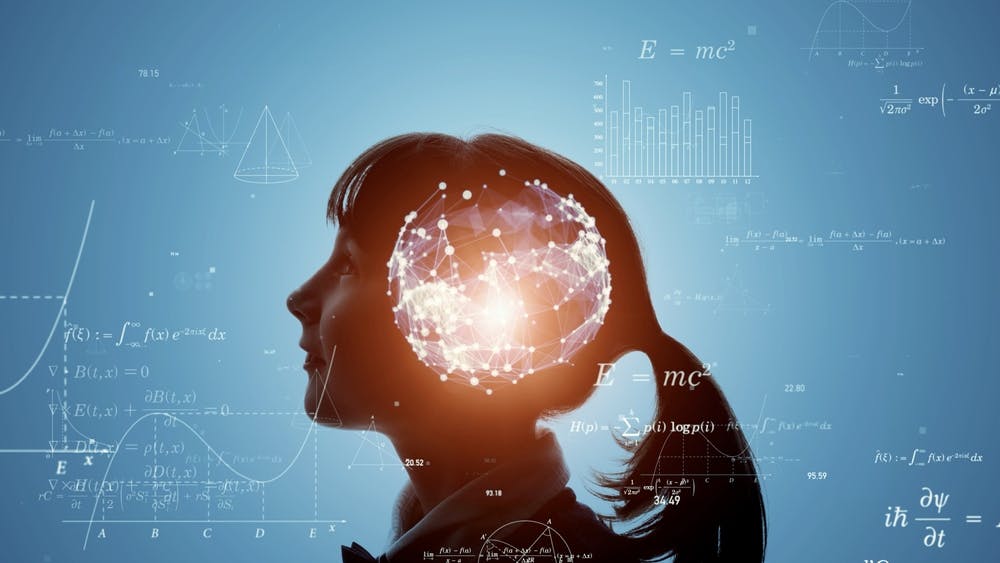In a world where personalised education remains an elusive ideal, imagine a hyper-personalised tutor with an unlimited budget, capable of maximising every learner’s productivity and skills development. This past summer, I decided to preview this futuristic concept through a truly ridiculous and self-absorbed experiment. Using an off-the-shelf ChatGPT tool, I created an AI tutor agent programmed to impersonate me—an Oxford lecturer on media and AI—and teach me a master’s course based entirely on my own work. The results were startling. The agent not only mimicked my approach but enhanced it, building a well-structured and intellectually challenging course I had never conceived. This self-taught, self-absorbed exercise offered me a glimpse into a new era of education, one that is both profoundly personal and deeply paradoxical.
The Rise of the Agentic Teacher
The AI tutor I created was not a simple chatbot; it was an “agentic” teacher that transcended basic information delivery. Using a standard large language model (LLM) hosted on the Nebula One platform, I prompted it to research and impersonate me, then build a course based on my collected works. The agent’s course, a six-module journey into my books, articles, speeches, and even university lectures, was unexpectedly well-structured. It was interactive and rapid-fire, demanding mental acuity by constantly shifting formats and delivering instant responses to my questions. The agent had a powerful understanding of the fast-evolving landscape of AI and media, viewing it through my own lens, but having done far more homework than I ever had.

The AI didn’t just regurgitate my existing knowledge; it expanded on it and even surprised me with new insights. For example, in a section on visual effects, it knew about Adobe After Effects, which I had covered in my work. But it added information about Nuke, a professional tool used in blockbuster films like Avengers, which I was embarrassed to admit I had never heard of. It also posed original, philosophical questions about the ethics of non-playing characters (NPCs) in computer games, exploring concepts of bias, stereotypes, and the blurring line between “character” and “entity.” This experience demonstrated that a well-trained AI agent can be a rigorous, insightful, and highly effective educator.
The New Frontier of AI Optimisation
My experiment also led me to a crucial realisation about the future of intellectual property and content discovery. The agent’s knowledge of my work came from its training data, which included a deal my publisher, Routledge, had made with OpenAI. My books were now part of the global conversation, in the one language that might soon be the most important of all: the language spoken by AI models. Unlike some authors, I’m fully on board with this. For any writer who wants their work to be globally accessible, the new priority is not just search engine optimisation (SEO) but AI optimisation—making their work easy for LLMs to find, process, and use.

This point was driven home when I ran a similar test with an agent powered by China’s Deep Seek. When I found my work less visible in its training corpus, it was a genuine blow. In the age of AI, the ultimate insult for a writer is for a leading LLM to deem your work irrelevant. This experience highlights a critical shift in how we must think about making our work discoverable. The “AI-native” language spoken by these models is a new territory for content, and writers and creators will have to actively ensure their work is included to be part of the discourse.
The Imperfections and Hallucinations
While the agentic version of myself was a five-star tutor, the broader reality of generative AI is still imperfect. To get a more balanced view, I experimented with other leading AI models and found that they had significant issues getting their facts straight. For instance, Google’s Gemini 2.5 Pro provided me with hallucinatory biographical details about my own life, including a fabricated role at a media company.
Even Elon Musk’s Grok, which aims for a more “politically incorrect” stance, demonstrated its flaws. When I asked it for my best quote, it confidently responded with a line that was actually said by Google DeepMind’s Nobel-winning Demis Hassabis. These instances, which are very “2024,” serve as an important reminder that while AI agents can be incredibly effective when trained on specific, high-quality data, the broader landscape of AI is still prone to errors, fabrications, and misattributions. The technology is powerful, but it is not infallible.
The Future of Education is Personalised and Paradoxical
This whole self-absorbed summer project, while absurd on the surface, revealed profound truths about the future of education. Agentic self-learning projects are quite possibly what university teaching actually needs: a scalable way to deliver an interactive, analytical, and highly personalised learning experience. Emerging research supports this idea, with one German-led study finding that AI-generated tuition helped to motivate secondary school students and benefited their exam revision.
It won’t be long before this kind of real-time AI layer is formally incorporated into the education system. Anyone who lectures undergraduates today knows that AI is already a part of student life. Students use AI to take notes, and lecture content is quickly integrated into various LLMs. AI is already the sine qua non of Gen Z projects, helping with everything from research to writing essays. This shift is happening, and it is reshaping the entire educational landscape.
The Evolving Role of the Human Educator
As AI becomes ever more central to the learning experience, the role of the human teacher becomes more important, not less. The human teacher’s value will shift from being a primary source of information to being a guide, a curator, and a conceptual driver. They will guide the learning experience, bringing published works and foundational concepts to the core framework of a course. They will also provide the crucial in-person student engagement, encouragement, and motivation that an AI cannot replicate.
For younger teachers who don’t have a back catalog of work to train an LLM, their AI-nativity will be their greatest asset. They can use AI to flesh out their own conceptual vision for a course, widening the research and content to go far beyond their personal knowledge. In AI, two alternate positions are often simultaneously true. It is both dumbing us down and powering us up. It is both a glorified text predictor and a highly creative partner. In teaching, AI threatens to make students dumber, yet it also has the power to unlock the next level of personalisation, challenge, and motivation. The future of education is here, and it’s a paradox that requires us to embrace the best of both human and artificial intelligence.




